Sir David Neil Payne CBE FRS FREng is a British professor of photonics who is director of the Optoelectronics Research Centre at the University of Southampton. He has made several contributions in areas of optical fibre communications over the last fifty years and his work has affected telecommunications and laser technology. Payne’s work spans diverse areas of photonics, from telecommunications and optical sensors to nanophotonics and optical materials, including the introduction of the first optical fibre drawing tower in a university.
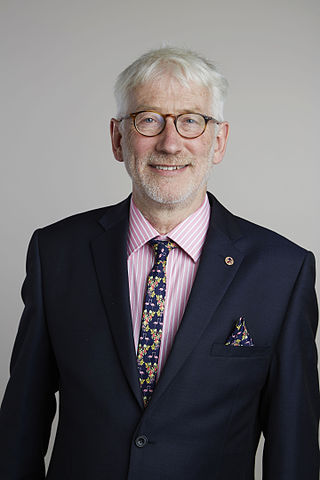
John G. Rarity is professor of optical communication systems in the department of electrical and electronic engineering at the University of Bristol, a post he has held since 1 January 2003. He is an international expert on quantum optics, quantum cryptography and quantum communication using single photons and entanglement. Rarity is a member of the Quantum Computation and Information group and quantum photonics at the University of Bristol.
Douglas Alan Ross is a British physicist. As of 2017 he is Professor Emeritus of physics at the University of Southampton.
John Francis Toland FRS FRSE is an Irish mathematician based in the UK. From 2011 to 2016 he served as Director of the Isaac Newton Institute for Mathematical Sciences and N M Rothschild & Sons Professor of Mathematical Sciences at the University of Cambridge.
William Alexander Gambling FRS, FREng was a British electrical engineer.
William Bradshaw Amos is a British biologist, Emeritus Scientist at the Medical Research Council (MRC) Laboratory of Molecular Biology (LMB). He led a team that developed the mesolens, a microscope with a giant lens.
Derek John Fray is a British material scientist, and professor at the University of Cambridge.

John Paul Attfield is a Professor of Materials science in the School of Chemistry at the University of Edinburgh and Director of the Centre for Science at Extreme Conditions (CSEC).
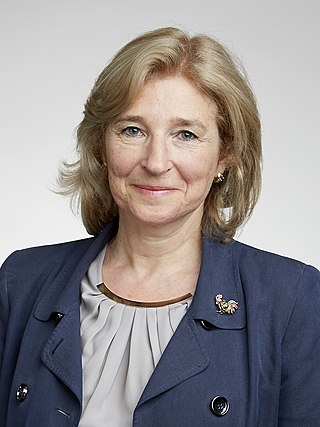
Polina Leopoldovna Bayvel is a British engineer and academic. She is currently Professor of Optical Communications & Networks in the Department of Electronic and Electrical Engineering at University College London. She has made major contributions to the investigation and design of high-bandwidth multiwavelength optical networking.

David William Hight is a senior consultant at the Geotechnical Consulting Group, a company providing high-level expertise in the field of geotechnical engineering and well known for bridging the gap between research and engineering practice.
The Royal Society University Research Fellowship (URF) is a research fellowship awarded to outstanding early career scientists in the United Kingdom who are judged by the Royal Society to have the potential to become leaders in their field. The research fellowship funds all areas of research in natural science including life sciences, physical sciences and engineering, but excluding clinical medicine.
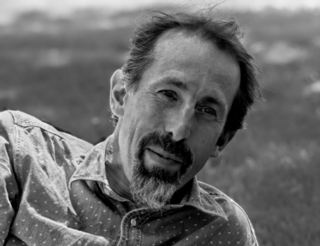
Jeremy John Baumberg, is a British physicist who is Professor of Nanoscience in the Cavendish Laboratory at the University of Cambridge, a Fellow of Jesus College, Cambridge and Director of the NanoPhotonics Centre.
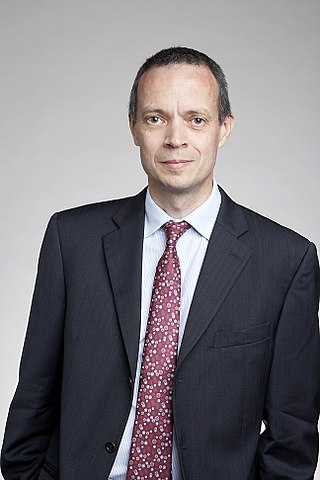
Andrew John Orr-Ewing is a British chemist and Professor of physical chemistry at the University of Bristol. His work investigates the mechanisms of chemical reaction in both the gas and liquid phases and has used ultrafast laser spectroscopy to observe the effects of solvents on molecular reaction and the dynamics of photodissociation.
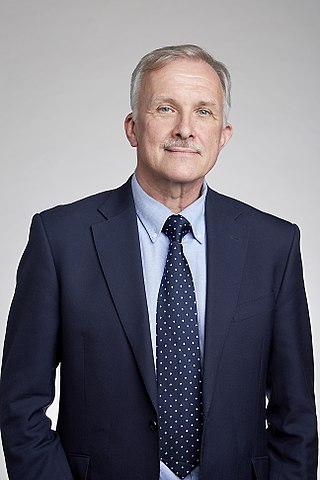
(James) Roy TaylorFREng is Professor of Ultrafast Physics and Technology at Imperial College London.
Robert Joseph Young is a British materials scientist specialising in polymers and composites. He is a Professor of Polymer Science and Technology at the National Graphene Institute of the University of Manchester.

Andrew John King is a Professor of Neurophysiology and Wellcome Trust Principal Research Fellow in the Department of Physiology, Anatomy and Genetics at the University of Oxford and a Fellow of Merton College, Oxford.

Sir Robin William Grimes is chief scientific adviser in the Ministry of Defense (MoD) for nuclear science and technology and professor of materials physics at Imperial College London. From February 2013 to August 2018 he served as chief scientific adviser to the Foreign and Commonwealth Office (FCO). Since November 2021 he has been Foreign Secretary of The Royal Society

Timothy Peter Softley is Pro-vice-chancellor (PVC) for research and knowledge transfer at the University of Birmingham.
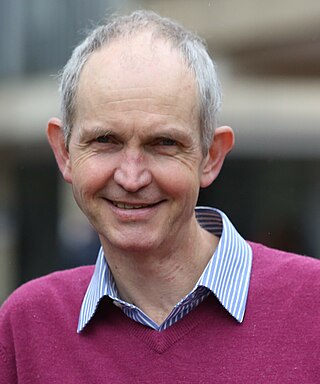
Jonathan C. Knight, is a British physicist. He is the Pro Vice-Chancellor (Research) for the University of Bath where he has been Professor in the Department of Physics since 2000, and served as head of department. From 2005 to 2008, he was founding Director of the university's Centre for Photonics and Photonic Materials.
Anne C. Tropper is a Professor of Physics at the University of Southampton. Her work considers solid-state and semiconductor lasers; specifically the development of ytterbium-doped silica fibre lasers and Vertical External-Cavity Surface-Emitting Lasers. She was elected a Fellow of The Optical Society in 2006, and awarded the 2021 SPIE Maiman Laser Award for her contributions to laser source science and technology.











